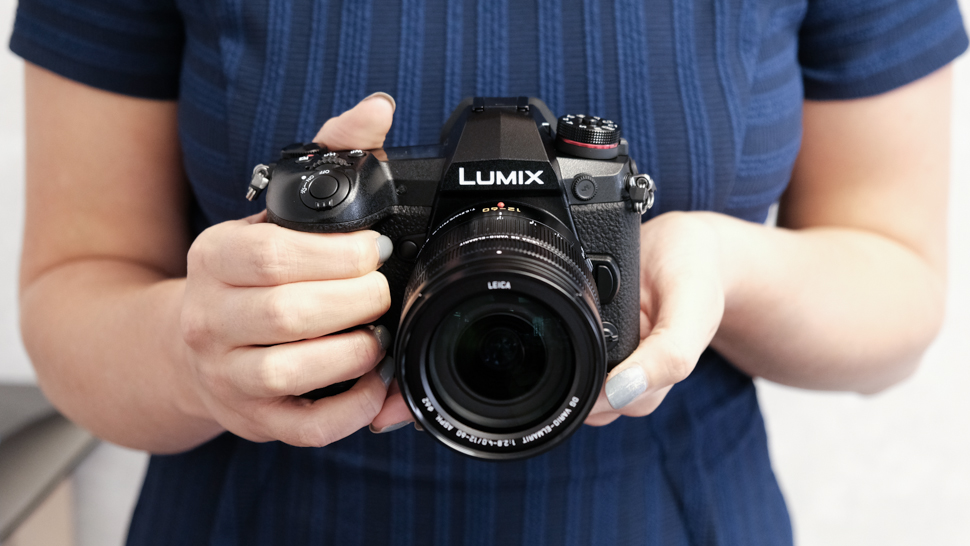Rumor mill suggests that Panasonic G9II is on the way with phase detect autofocus
Might the Panasonic G9II might be the company's first Micro Four Thirds camera to get PDAF?

There have been persistent rumors ever since Panasonic launched its very well-received Panasonic Lumix S5II that a Micro Four Thirds camera would be announced imminently utilizing Panasonic's latest phase detect autofocus as its winning new feature.
Now these rumors are back again with sources close to 4/3 Rumors claiming that they have seen "proof" that this next camera will be in the shape of a Panasonic G9II.
After getting some traction following its introduction, MFT has faded a little with Canon, Nikon, and Sony duking it out with headline-grabbing full-frame features and Fujifilm finding big success with APS-C cameras. OM System (formerly Olympus) and Panasonic are the two main manufacturers keeping the Micro Four Thirds format going, although Panasonic has diversified its interests in the last few years by launching the full-frame Panasonic Lumix S5II and S5IIX cameras, as well as forming the L-Mount Alliance with Sigma and Leica.
However, Panasonic's range of MFT cameras is incredibly popular and includes the excellent video-focused machine, the Panasonic GH6, which frequently features on best video camera lists everywhere, including our own. The GH6, due to its popularity, might seem like the more obvious choice to be upgraded, although, if it is selling then it makes sense to leave it be and revive the fortunes of something like the Panasonic G9 that is older and closer to being phased out.
There are no rumored specs yet for a potential Panasonic G9II, although based on Panasonic's past form, we can probably expect the camera to be punching above its size and price, as Panasonic's recent cameras have been more affordable than rivals, and save for autofocus shortcoming, packed with the latest tech.
Obviously, the headline feature would be the inclusion of new phase detection autofocus, but it would also likely improve on the current Panasonic G9's 20.3MP sensor and 4K at 60fps video. We would not be surprised to see those video capabilities take a bump to at least 6K, with potentially more options for codecs and RAW recording without threatening the rest of Panasonic's lineup.
With a big movement towards content creation, there is clearly a huge market for small video-centric cameras, with Sony's ZV lineup of video-focused cameras almost outselling its larger models. Now seems like an opportune moment for Panasonic to make a big announcement.
Get the Digital Camera World Newsletter
The best camera deals, reviews, product advice, and unmissable photography news, direct to your inbox!
Find out more about Micro Four Thirds in our guide to the best Micro Four Thirds cameras and the best Micro Four Thirds lenses. You can also read more about Panasonic with our guide to the best Panasonic cameras.

Gareth is a photographer based in London, working as a freelance photographer and videographer for the past several years, having the privilege to shoot for some household names. With work focusing on fashion, portrait and lifestyle content creation, he has developed a range of skills covering everything from editorial shoots to social media videos. Outside of work, he has a personal passion for travel and nature photography, with a devotion to sustainability and environmental causes.
